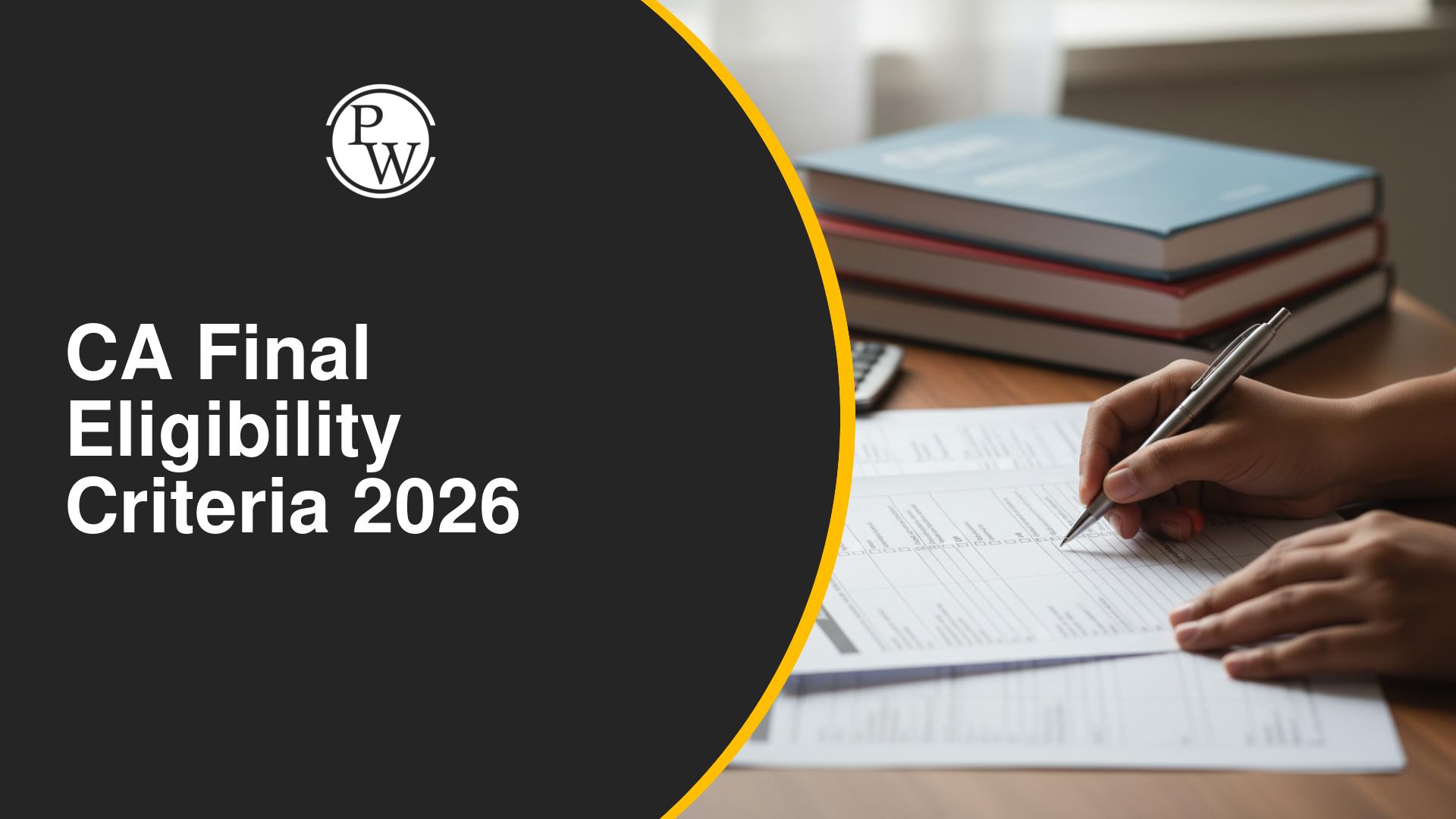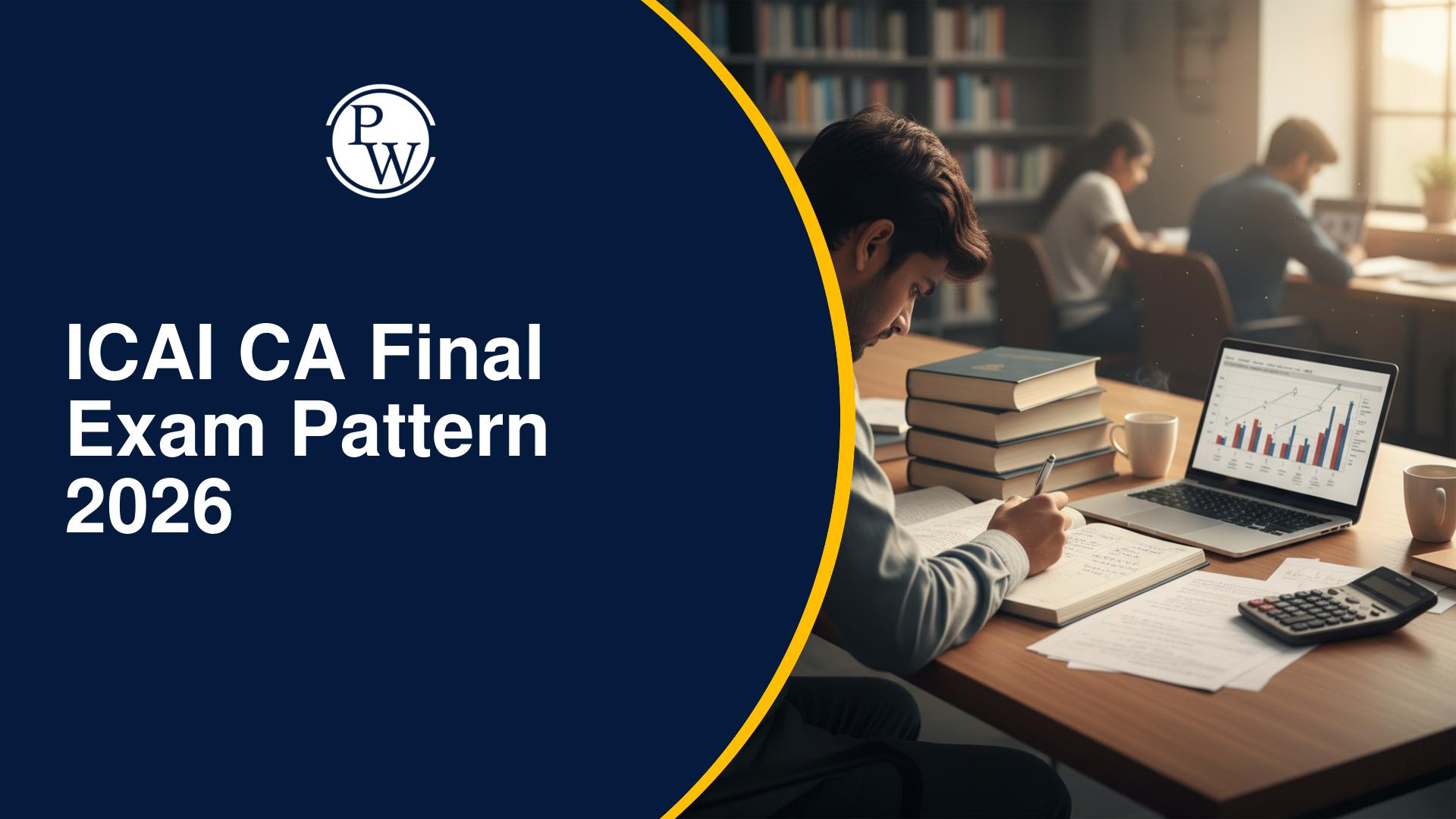
Fraud detection and prevention is not just an essential skill for Chartered Accountants (CAs); it's a crucial component of maintaining the integrity of the financial world. As a CA student, mastering these skills can set you apart in your career, enabling you to protect businesses from financial loss and legal troubles.
In this article, we'll explore the ins and outs of fraud detection and prevention for CA Exams , providing you with the knowledge you need to excel in your studies and future career.What is Fraud Detection and Prevention?
Fraud detection and prevention involves identifying fraudulent activities and implementing measures to prevent them. This is critical for ensuring the accuracy of financial statements and the overall health of a business. By mastering these skills, CA students can become invaluable assets to any organization, ensuring financial integrity and compliance. Fraud can occur in various forms, from financial statement fraud to asset misappropriation and corruption. For CAs, understanding these different types of fraud and how to detect and prevent them is vital. By being vigilant and knowledgeable, you can help businesses avoid significant financial losses and reputational damage.Techniques for Effective Fraud Detection
Effective fraud detection and prevention requires a combination of skills, knowledge, and tools. Here are some essential techniques:Data Analysis and Monitoring
Data analysis involves examining financial records to identify inconsistencies or anomalies that may indicate fraud. Advanced software tools can help in monitoring transactions and flagging suspicious activities in real-time.Internal Controls and Audits
Implementing strong internal controls and conducting regular audits are key to preventing fraud. These measures ensure that financial processes are transparent and that any irregularities are detected and addressed promptly.Employee Training and Awareness
Educating employees about the signs of fraud and the importance of reporting suspicious activities can significantly reduce the risk of fraud. Regular training sessions and a clear reporting system can create a culture of integrity and vigilance within an organization.Whistleblower Programs
Encouraging employees to report fraudulent activities without fear of retaliation is crucial. Whistleblower programs provide a safe and anonymous way for employees to report suspicions, helping to uncover fraud early.Technological Solutions
Leveraging technology, such as artificial intelligence and machine learning, can enhance fraud detection efforts. These tools can analyze vast amounts of data quickly and accurately, identifying patterns that might be missed by human analysts.Also Check: Accounting for Investments
Common Types of Fraud
Understanding the different types of fraud is essential for effective fraud detection and prevention. Here are some of the most common types:1. Financial Statement Fraud
This involves manipulating financial statements to present a false picture of a company's financial health. Techniques include overstating revenues, understating expenses, and misrepresenting assets and liabilities.2. Asset Misappropriation
Asset misappropriation occurs when employees or other insiders steal or misuse company resources. This can include cash theft, fraudulent expense claims, and inventory theft.3. Corruption
Corruption involves dishonest or fraudulent conduct by those in power, typically for personal gain. This can include bribery, kickbacks, and conflicts of interest.Steps to Prevent Fraud
Preventing fraud requires a proactive approach. Here are some steps you can take:1. Implement Strong Internal Controls
Establishing robust internal controls can help prevent fraud by ensuring that no single individual has too much control over any part of the financial process.2. Conduct Regular Audits
Regular audits can help detect fraud early by providing an independent review of financial transactions and processes.3. Promote a Culture of Integrity
Creating a workplace culture that values honesty and transparency can discourage fraudulent behavior. This includes setting a good example at the top and ensuring that ethical behavior is rewarded.4. Use Advanced Technology
Implementing advanced technological solutions can enhance your fraud detection efforts. Tools such as data analytics software, AI, and machine learning can help identify suspicious activities quickly and accurately. Mastering fraud detection and prevention is an essential skill for any aspiring Chartered Accountant. By understanding the different types of fraud, implementing effective detection techniques, and taking proactive steps to prevent fraud, you can become a valuable asset to any organization. And with the support of PW CA Courses, you can achieve your CA qualifications and excel in your career. Start your journey today and become an expert in fraud detection and prevention!| Also Check | |
| Inventory Valuation | Environmental Audit |
| Audit of Non-Profit Organizations | Forensic Audit |
| Governmental Accounting | Compliance Audit |
Fraud Detection and Prevention FAQs
What is fraud detection and prevention?
Why is fraud detection important for CAs?
What are common types of fraud?
How can technology help in fraud detection?










